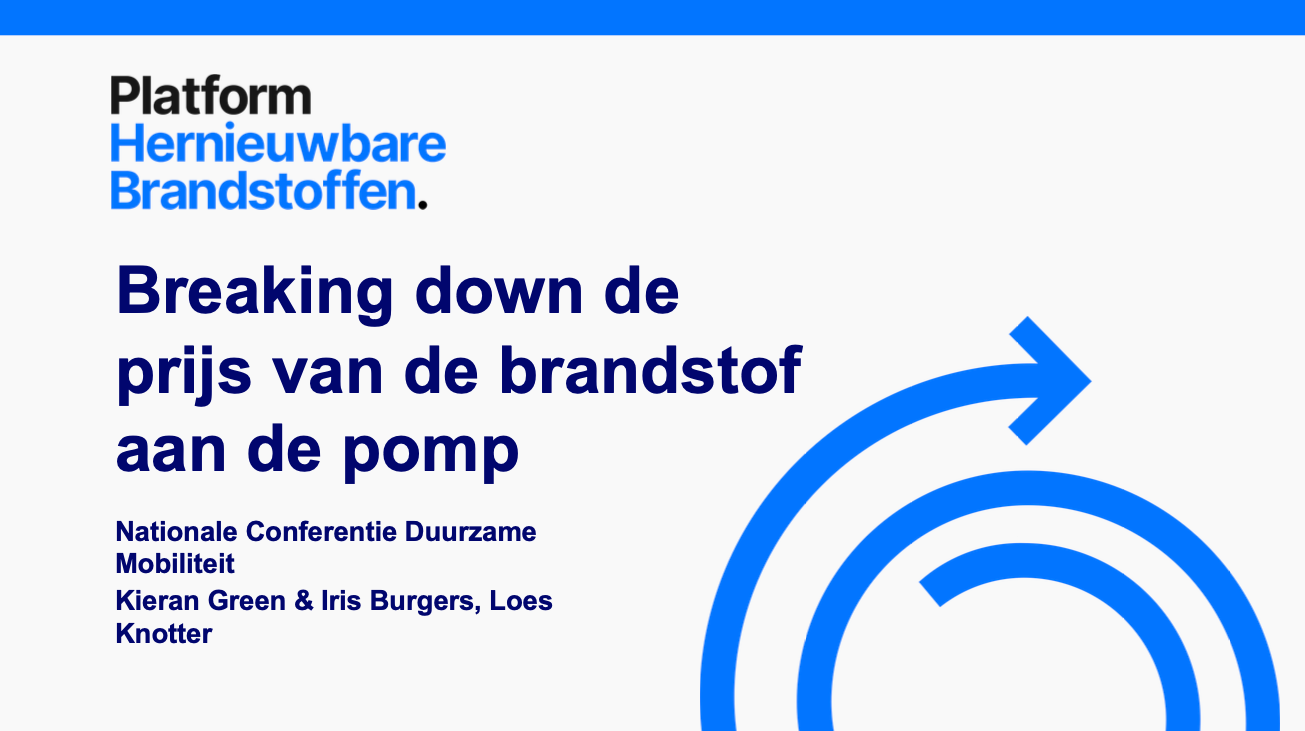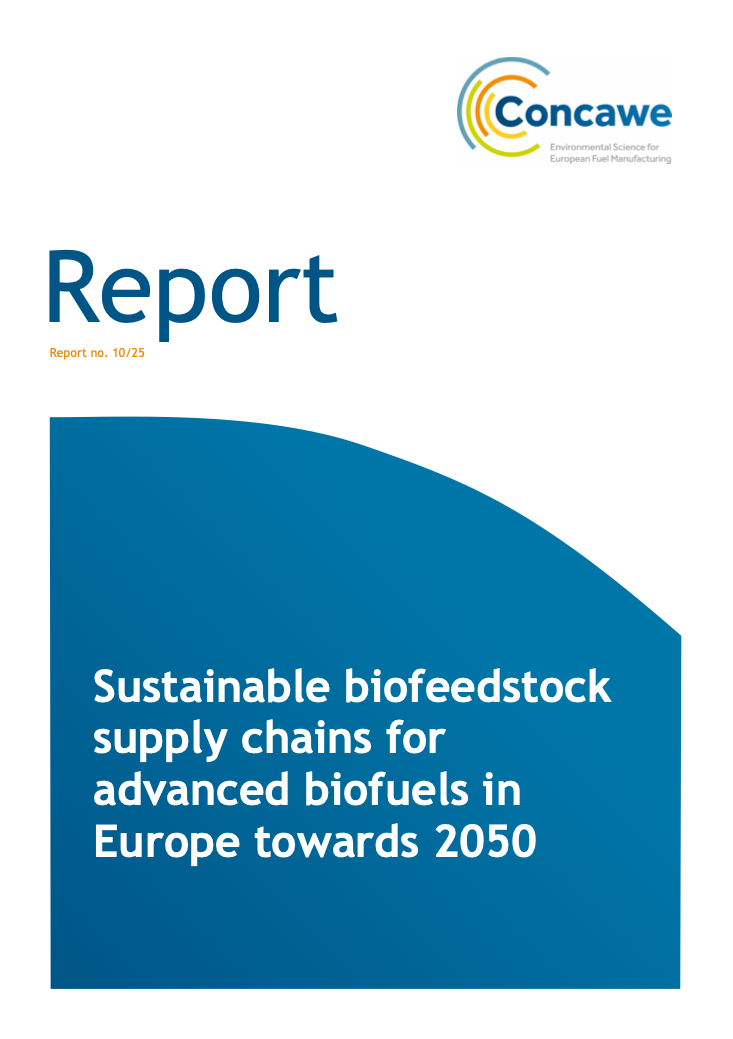PHB roundtable workshop: Clean Fuel Contracts - How to govern Distributed Ledger Technologies in the renewable fuel sector | 2024

On 30th October, Platform Renewable Fuels organised a roundtable workshop titled CleanFuel Contracts: How to govern Distributed Ledger Technologies in the renewable fuel sector where various stakeholders along with the government (RVO) came together. The roundtable workshop was structured as an open conversation,inviting the viewpoint of a variety of different technology providers and stakeholders. This document provides a summary of the roundtable workshop which explored how to govern Distributed Ledger Technologies (DLTs) in the renewable fuel sector.
Main takeaways
- The technology providers need guidance on how to arrange an interoperable and standardised system
- The sector faces immediate challenges to comply with legislation set out at the European level (i.e. EUETS, FuelEU Maritime etc.)
- There is an opportunity for a Clean Fuel Contract system to address these immediate compliance issues that the market is facing
- The Netherlands can play a lead role in developing standardisation of a digital renewable fuel product passport
- It would be useful if this could be organised as a public-private partnership
- There are already multiplemarket-based technology solutions, but there must be an industry standard which allows multiple parties to provide an interoperable solution
- This would involve technology providers basing their solutions around a set of guidelines, perhaps on a single blockchain infrastructure to ensure unique claims and prevent double claims,but that should be further explored
- For example, a possibility is to making use of public infrastructure such as EBSI (European Blockchain Services Infrastructure)
- This will require a system ofgovernance which should be anchored in the development of the planned CleanFuel Contract pilot by RVO
- This pilot should address the urgent compliance issues creating an immediate benefit for sector players to implement the solution and to initiate further learning for wider application
- Existing data points should be used as a starting point, identifying which parties have access to specific information
- As a major maritime nation, the Netherlands is well positioned to operate as a market leader to tackle issues related to the shipping sector
- The learnings from the Netherlands should be compatible and interoperable at the European level (and beyond)
- It will be the role of government to encourage the development of an integrated solution and guarantee the validity of information in the system. This could be a key incentive for market uptake
Read the full summary of the roundtable workshop by dowloading it on the right hand side or clicking here.

 Download hereVisit Website
Download hereVisit WebsiteRecente artikelen
Retrospective on joint workshop with German Platform InnoFuels and ETIP Bioenergy: Renewable fuels for a resilient society
PHB presentatie: Breaking down de prijs van de brandstof aan de pomp

Concawe: Sustainable biofeedstock supply chains for advanced biofuels in Europe towards 2050 | 2025

